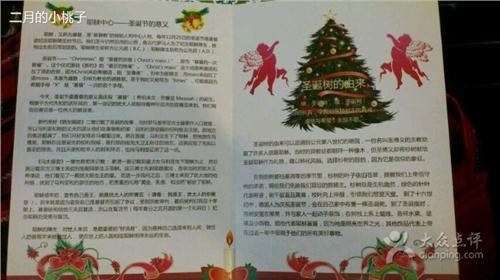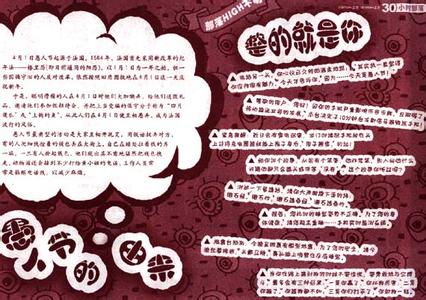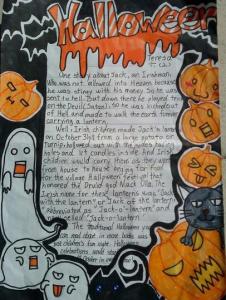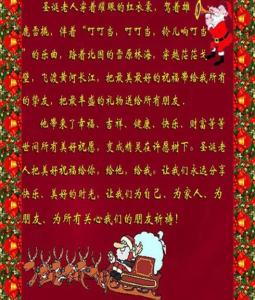圣诞节是西方的传统节日,不过演变至今,在中国也相当流行了。今天爱华小编想来和大家介绍圣诞节的由来,请大家一起跟着来看看圣诞节的由来英文版吧。
圣诞节的由来英文版
Christmas is a Christian holiday that celebrates the birth of Jesus Christ. No one knows the exact date of Christ's birth, but most Christians observe Christmas on December 25. On this day, many go to church, where they take part in special religious services. During the Christmas season, they also exchange gifts and decorate their homes with holly, mistletoe, and Christmas trees. The word Christmas comes from Cristes maesse, an early English phrase that means Mass of Christ. The story of Christmas comes chiefly from the Gospels of Saint Luke and Saint Matthew in the New Testament.
The history of Christmas dates back over 4000 years. Many of our Christmas traditions were celebrated centuries before the Christ child was born. The 12 days of Christmas, the bright fires, the yule log, the giving of gifts, carnivals(parades) with floats, carolers who sing while going from house to house, the holiday feasts, and the church processions can all be traced back to the early Mesopotamians.
Many of these traditions began with the Mesopotamian celebration of New Years. The Mesopotamians believed in many gods, and as their chief god-Marduk. Each year as winter arrived it was believed that Marduk would do battle with the monsters of chaos. To assist Marduk in his struggle the Mesopotamians held a festival for the New Year. This was Zagmuk, the New Year's festival that lasted for 12 days.

The Persians and the Babylonians celebrated a similar festival called the Sacaea. Part of that celebration included the exchanging of places, the slaves would become the masters and the masters were to obey. The ancient Greeks held a festival similar to that of the Zagmuk/Sacaea festivals to assist their god Kronos who would battle the god Zeus and his Titans.
The Roman's celebrated their god Saturn. Their festival was called Saturnalia which began the middle of December and ended January 1st. With cries of "Jo Saturnalia!" the celebration would include masquerades in the streets, big festive meals, visiting friends, and the exchange of good-luck gifts called Strenae (lucky fruits). The Romans decked their halls with garlands of laurel and green trees lit with candles. Again the masters and slaves手抄报内容
 爱华网
爱华网



